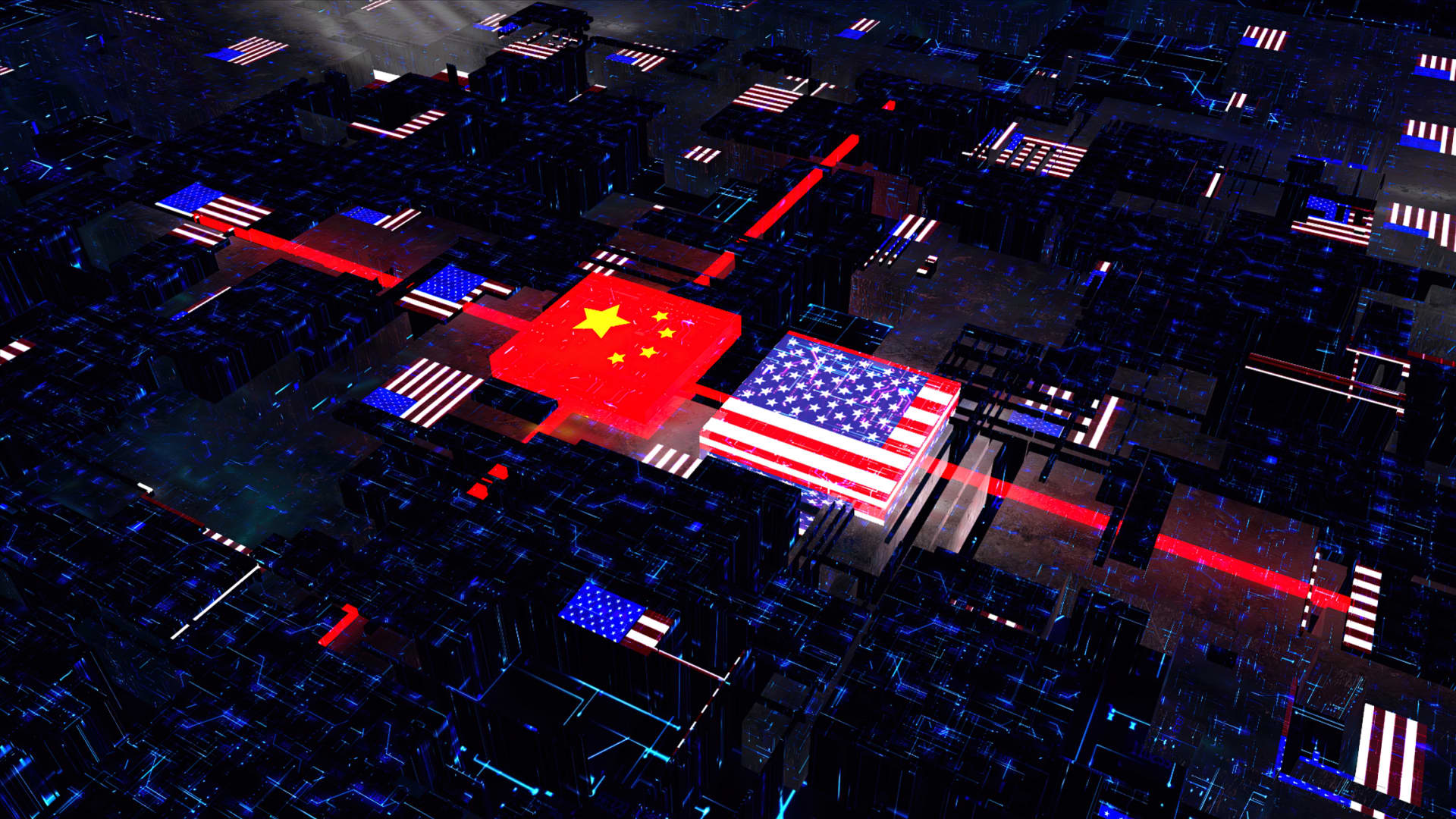CNBC Daily Open: Chilling effect

A stock photo of a processor unit, with the flags of the United States and China to illustrate the escalating global race for technology supremacy between the two largest economies in the world.
Blackdovfx | Istock | Getty Images
This report is from today’s CNBC Daily Open, our new, international markets newsletter. CNBC Daily Open brings investors up to speed on everything they need to know, no matter where they are. Like what you see? You can subscribe here.
What you need to know today
Shelter costs drive U.S. July inflation
The consumer price index rose 3.2% from a year ago in July, slightly less than expected — a sign that inflation has lost at least some of its grip on the U.S. economy. Almost all of the monthly inflation increase came from shelter costs, which rose 0.4% and were up 7.7% from a year ago. Prices accelerated a seasonally adjusted 0.2% for the month, in line with the Dow Jones estimate, the Bureau of Labor Statistics reported Thursday. Here’s the inflation breakdown for July, in one chart. Markets reacted favorably, expecting July’s tame inflation reading to mean no more interest rate hikes from the Federal Reserve.
U.S. stocks pare early gains
The Dow Jones Industrial Average edged higher Thursday, helped by a post-earnings Disney rally and a key inflation reading showing slightly less year-over-year inflation growth than expected. The blue-chip average added 52.79 points, or 0.15%, to finish at 35,176.15. The S&P 500 inched up 0.03% to 4,468.83. The Nasdaq Composite rose 0.12% to close at 13,737.99. All three closed notably off session highs.
China tech earnings
Alibaba posted a 51% year-on-year jump in net income in the quarter that ended June 30, topping market expectations. In the last quarter, the Chinese tech giant also recorded its biggest annual increase in sales since the September 2021 quarter. Semiconductor Manufacturing International Corp., China’s largest semiconductor chip manufacturer, reported a narrower-than-expected slide in quarterly net income and revenue against a backdrop of ongoing U.S. sanctions and a sluggish recovery in global chip demand.
Ukraine boost
Ukraine’s navy on Thursday announced “temporary corridors for trading vessels” to and from Ukrainian ports, while warning of the continued risk of attack from Russia. The White House has also announced a nearly $40 billion supplemental funding request to provide more aid to Ukraine and respond to natural disasters, including wildland firefighter pay and border management.
[PRO] Buy Nvidia?
Investors may want to consider using the recent weakness in chipmaker Nvidia to snatch up shares of the artificial intelligence darling, some Wall Street analysts are saying.
The bottom line
A new reality beckons for American private equity and venture capitalists.
President Joe Biden finally dropped his long-awaited executive order late Wednesday, curbing fresh U.S. technology investment in China — it’s the first time the U.S. government is imposing restrictions on how U.S. capital flows out of the country, according to Elena McGovern, co-head of the national security practice at private equity advisory firm Capstone.
And more could be in store, given the priority on national interest and security.
Biden’s order specifically targets new U.S. investment and transfer of expertise in semiconductors and microelectronics, quantum computing, and certain AI capabilities in China, Hong Kong and Macao.
The U.S. Treasury Department is still in the process of firming up specific details before the measure can be fully enforced, maybe sometime next year.
But it’s a clear signal that the world’s second-largest economy is no longer a clear-cut option for American capital.
As it stands, U.S. firms have generally held back from investing in China in the past few years due to a weakening growth environment and the fraught prevailing geopolitical environment.
That’s bad news for Beijing, which needs foreign capital and technological transfers to bolster sagging growth momentum and elevate its economy up the value chain.
There are other ways to accomplish that, but Biden’s executive order just made things more difficult for some. More ingenuity lies in store.









